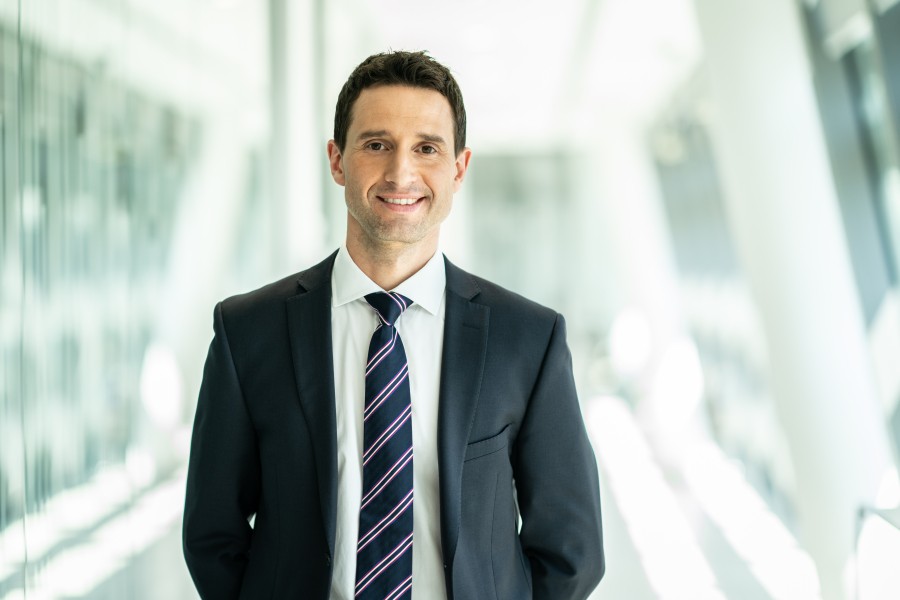Rhodri Preece: The sustainability transition has reached a critical moment
Rhodri Preece: The sustainability transition has reached a critical moment

By Rhodri Preece, Senior Head of Industry Research at the CFA Institute
Amid the fallout of the COVID-19 pandemic, 2020 was the year in which the sustainability paradigm came to the fore in the investment industry. This was fuelled by a rising demand for ESG-related products and a growing awareness of the financial risks and opportunities in a more interconnected world. If the sustainability trend is to become entrenched, investment firms must focus on building out the capabilities needed to deliver on its potential. There is much work to do.
A CFA Institute survey of 4,000 investors shows that, while only a minority of investors invest in products that incorporate ESG factors, 76% of institutional investors and 69% of retail investors have interest in ESG investing. A huge opportunity for the investment industry.
End-investors are demanding that their investment managers account for sustainability considerations in the client portfolios. The performance of ESG-themed funds during the pandemic has strengthened confidence in the potential risk-mitigating and return-enhancing properties of ESG investing.
Firms should look to embed sustainability considerations into their business models (how they create value and competitive differentiation) and investment processes (how sustainability insights are incorporated into investment analysis and portfolio construction).
We believe the opportunities in the sustainability product space include ESG index tracking and quant funds, ESG thematic and impact products, ESG multi-asset products and better benchmarks. Firms need to build out their sustainability expertise, where there is a relative scarcity of skills at present. A review of LinkedIn data conducted by CFA Institute of more than 140,000 portfolio manager job profiles showed that only 1.5% listed sustainability as a skill, yet 18% of portfolio manager job postings mentioned the desire for sustainability skills.
Data is a necessary enabler for competitive advantage in sustainability analysis. Comparability of ESG data is lacking and several data gaps remain due to the incomplete nature of existing sustainability reporting. However, there are growing opportunities to use alternative data to bridge the data gaps and provide firms with a competitive edge.
Alternative data may be derived from sources such as satellite imagery, web scraping and social media. These data can help analysts to develop a more comprehensive and timelier picture of a company’s sustainability footprint. Indeed, 71% of participants in a series of CFA Institute sustainability roundtables are convinced alternative data will make sustainability analysis more robust. They agree that sustainability is an area where human judgement will thrive, given the contextual and often subjective nature of sustainability data.
Another key building block of sustainability analysis is the application of system-level thinking. A holistic approach to sustainability should recognize the spill-overs between value creation and the ecosystem in which corporate activity takes place. A company’s activities have implications for the stakeholders and the environment, and at the same time, environmental impacts create risks and opportunities for corporate enterprise that manifest over different time horizons. There is interconnectivity and reflexivity. Understanding and application of systems theory can help the investment industry.
Ultimately, incorporating sustainability requires leadership and firm-wide commitments. Investment leaders must spearhead a transition that places a premium on ESG education, structures teams with ESG capabilities at their core, and builds an operating model with robust IT architecture that enables sustainability analytics to be efficiently incorporated into the investment process. Firms that successfully navigate the sustainability transition will be poised to deliver long term value for clients.
